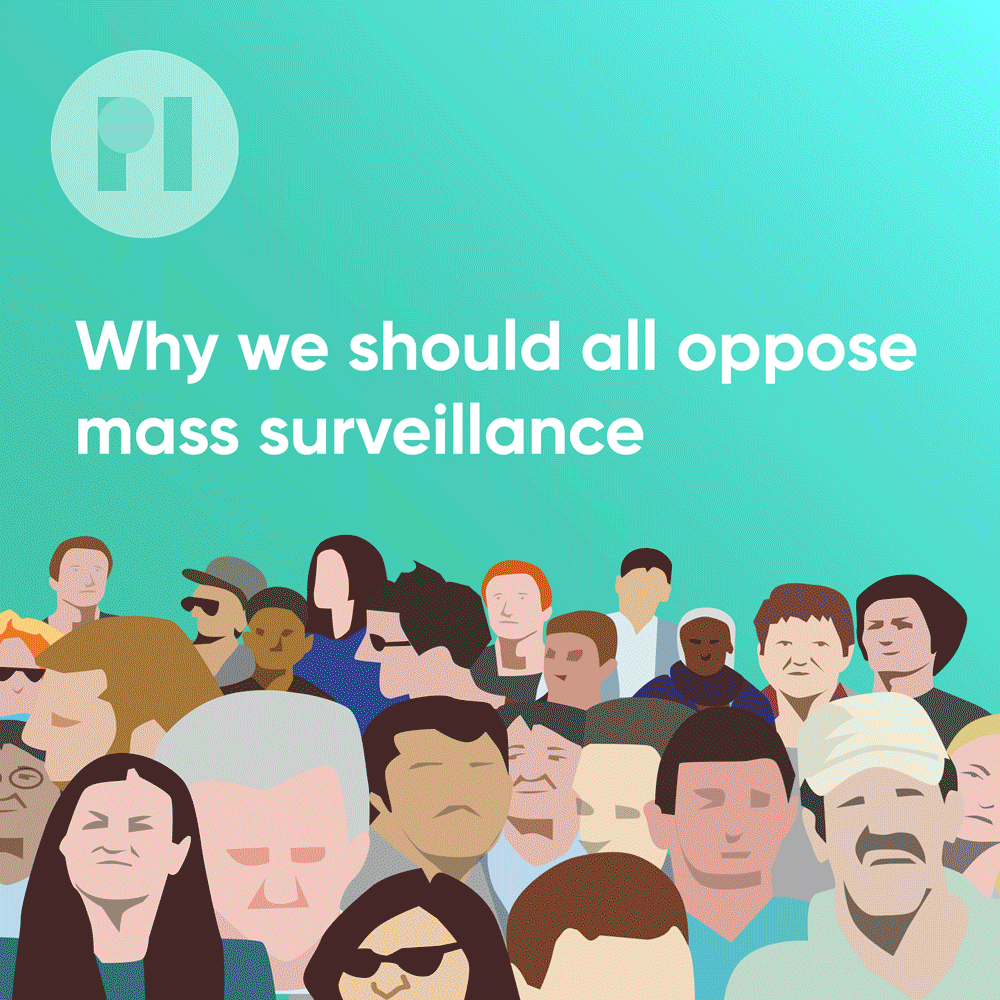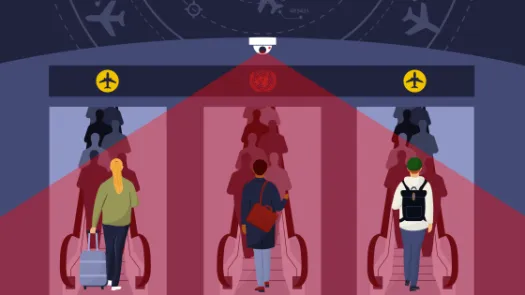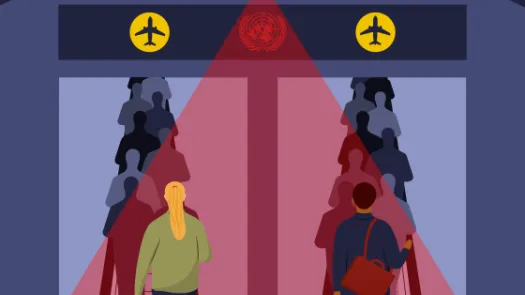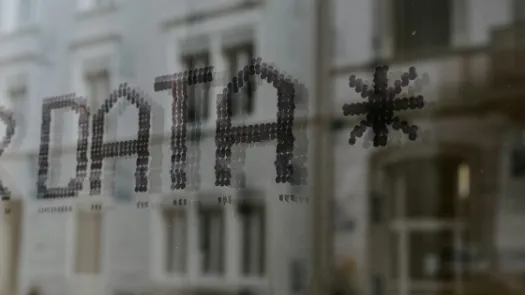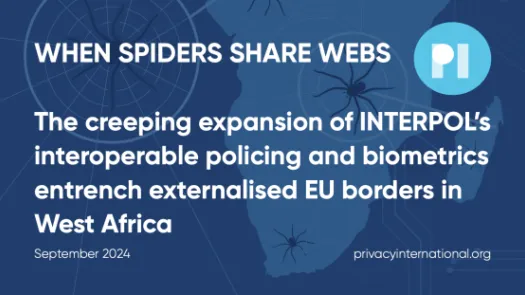In conversation with Edward Snowden
This case was made possible because of Edward Snowden’s disclosures in 2013, and through the combined work of Big Brother Watch, American Civil Liberties Union, Amnesty International, Bytes for All, Canadian Civil Liberties Association, Egyptian Initiative for Personal Rights, Hungarian

